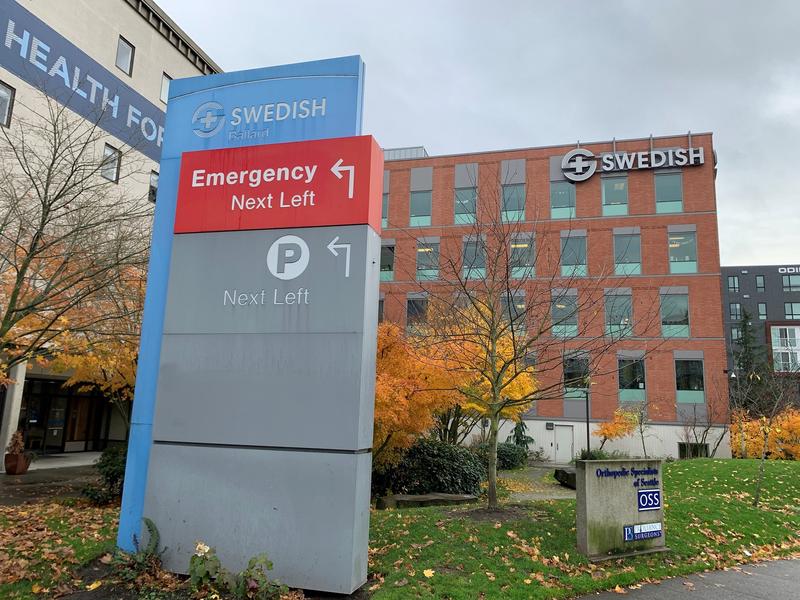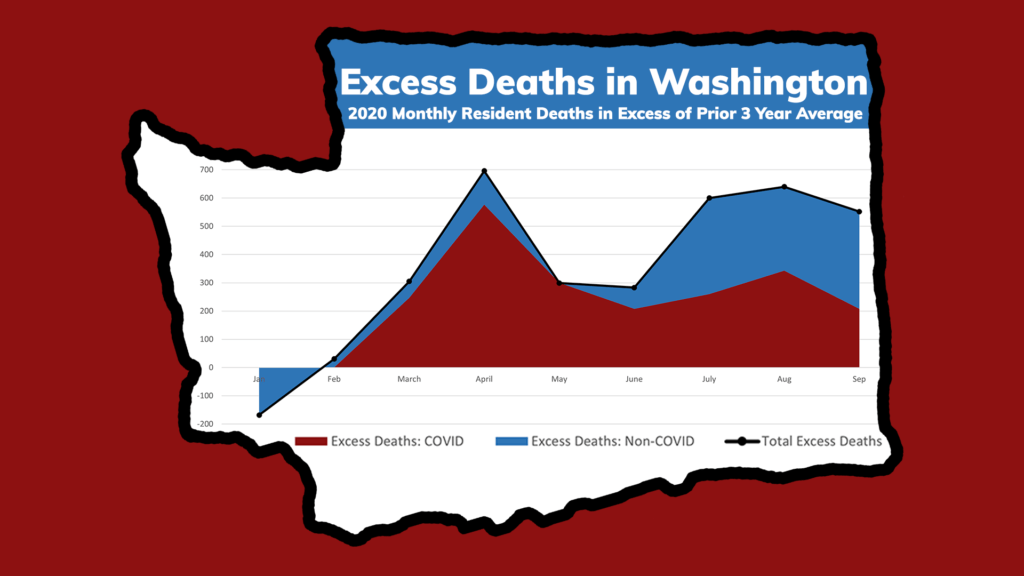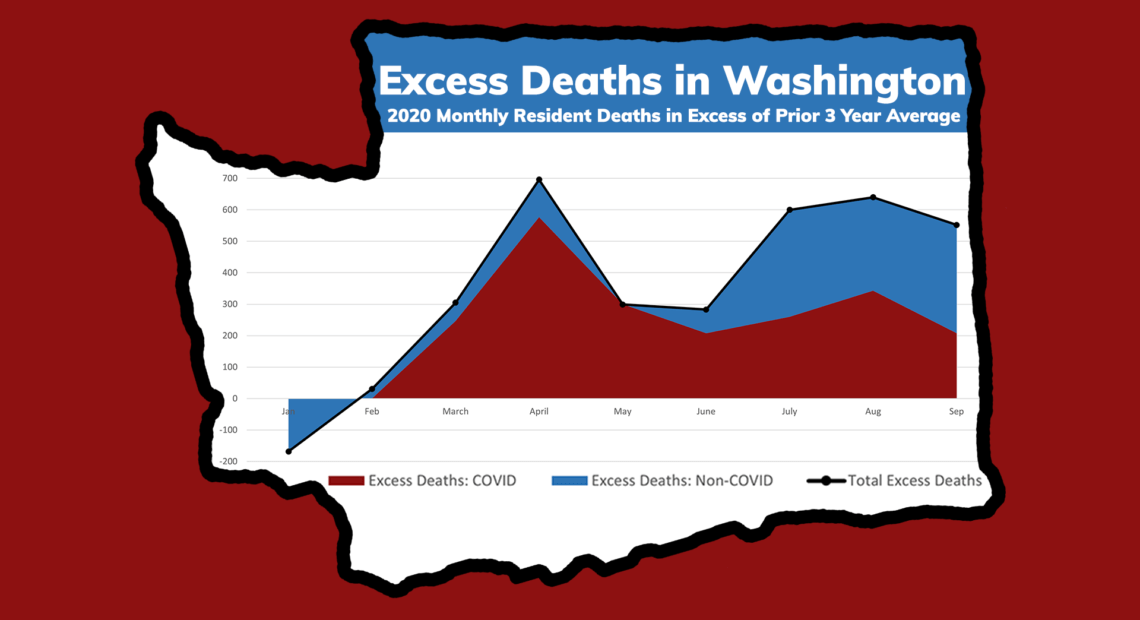
More Than Half Of Washingtonians Surveyed Say They’ve Delayed Getting Health Care This Year
LISTEN
An online survey conducted out of Whitman College found more than half of Washingtonians say they have delayed medical visits this year. The findings underscore widespread concerns about disruptions to health care during the pandemic.
Researchers from the college in Walla Walla asked more than 2,300 Washingtonians if they experienced delayed medical care due to COVID-19, for example, cancelled surgeries, appointments or avoided trips to the pharmacy.
Fifty-eight percent of those surveyed said yes, they delayed doctor visits on their own volition or had been put off.
“Particularly concerning are the people in our study who identified themselves as having one or more risk factors — underlying health conditions. [They] were actually more likely to delay their medical care,” said Whitman sociology professor Michelle Janning, the co-lead investigator of the study.
As the coronavirus surges to new highs this autumn across the Pacific Northwest — and across the continent — State Health Officer Dr. Kathy Lofy said she really hopes to avoid a repeat of the springtime shunning of clinics and emergency rooms by patients who should have gone in for treatment.
“We want to encourage everyone to seek care,” Lofy said during a recent COVID-19 response briefing. “If you feel like you need immediate medical attention, it’s really important that you go to the ER or call your doctor.”
Hospital associations and medical directors have been repeating that it is safe to go to the doctor or the emergency room during the pandemic.
An abnormally high number of deaths beginning around July in Oregon and Washington from conditions other than COVID-19 could have been been caused, in part, by delayed medical care and skipped screenings. There have been more than 1,000 non-COVID “excess deaths” in both Washington and Oregon through October of this year — in other words, deaths above the average pace of the prior three years.
The Oregon Health Authority reported that after a sharp decline in all visits to emergency departments and urgent care centers in March 2020, total visits have gradually rebounded. An agency spokesperson said by the third quarter of 2020, total visits were similar to 2019.
Meanwhile, Dr. Elizabeth Wako, the chief medical officer for Swedish First Hill medical center in Seattle, said emergency department visits remain down by about 25% across the Swedish health system’s five emergency rooms in the metro area.
In Walla Walla, Prof. Janning said one of her takeaways is that the public messaging around stay home orders or COVID-19 exposure avoidance should make an important distinction.
“Don’t stay home if your health is at risk,” Janning said. “We’re seeing some of the outcomes of that, which maybe is getting lost a little bit in the messaging.”
One of the drivers of delayed care during the first wave of COVID-19 in the spring were orders to postpone non-urgent elective procedures. That factor is rearing its head again. In recent weeks, hospitals from Seattle to Spokane and Portland to Bend have announced they are curtailing elective surgeries to free up beds and conserve staff for an anticipated influx of COVID-19 patients.
Hip and knee replacements, cataract and lens surgeries and cosmetic surgery are examples of elective procedures.
The Whitman College survey also examined attitudes toward the government’s public health measures to control the spread of the virus. Washingtonians were largely supportive of the policy approach Gov. Jay Inslee and his Secretary of Health have taken, according to the poll.
When asked whether they supported or opposed the June announcement of a statewide requirement to wear a mask when in public near strangers, 85% of respondents said they favored the face covering mandate.
Presented with the statement, “I think businesses should have been able to re-open earlier,” more than 81% of those surveyed disagreed.
Janning and her co-principal investigator Alissa Cordner, also a Whitman College sociology professor, collected survey responses online from 2,348 adults across Washington state in late July and August. For statistical purposes the broad sample is considered non-random because of the ways respondents were recruited, which included voluntary response to Facebook ads and distributing the link to the survey portal through professional networks.
The two counties most represented in the sample were King and Walla Walla counties. The researchers said high income and highly educated individuals were among several categories overrepresented in the survey compared to the demographics of Washington’s overall population.
Related Stories:
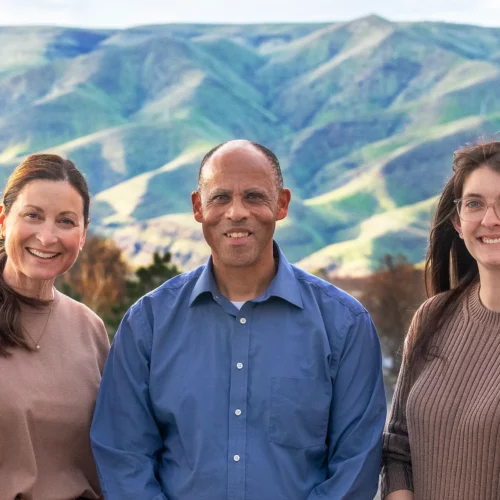
In one Idaho town, nurse-midwives stepping up as hospital struggles to recruit obstetricians
Rural communities are struggling to bring in obstetricians. Nurse-midwives are helping to fill the gap, but more is still needed to ensure long-term health care access
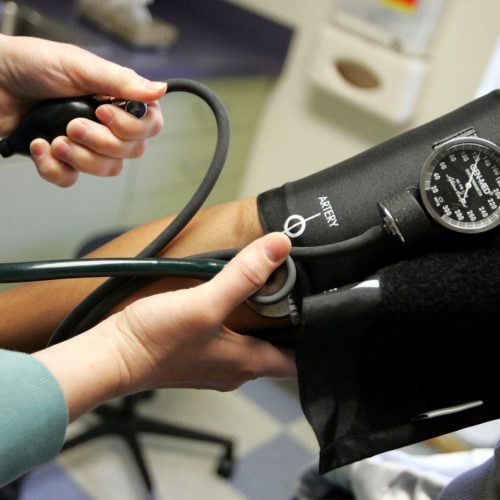
Unpacking the intersection of health care and religion
Religion can sometimes impact health care access in places like Washington and Idaho. (Credit: Joe Raedle / Getty Images) Listen (Runtime 3:22) Read Phineas Pope: Tracy Simmons is the executive

COVID-19, 5 years later: Reflections on the scars we carry, and resilience in unprecedented times
NWPB caught up with local residents and doctors to talk about how they’ve moved forward following the COVID-19 pandemic. They spoke about how the experience changed them and wisdom they’ve gleaned along the way. These are their reflections.

